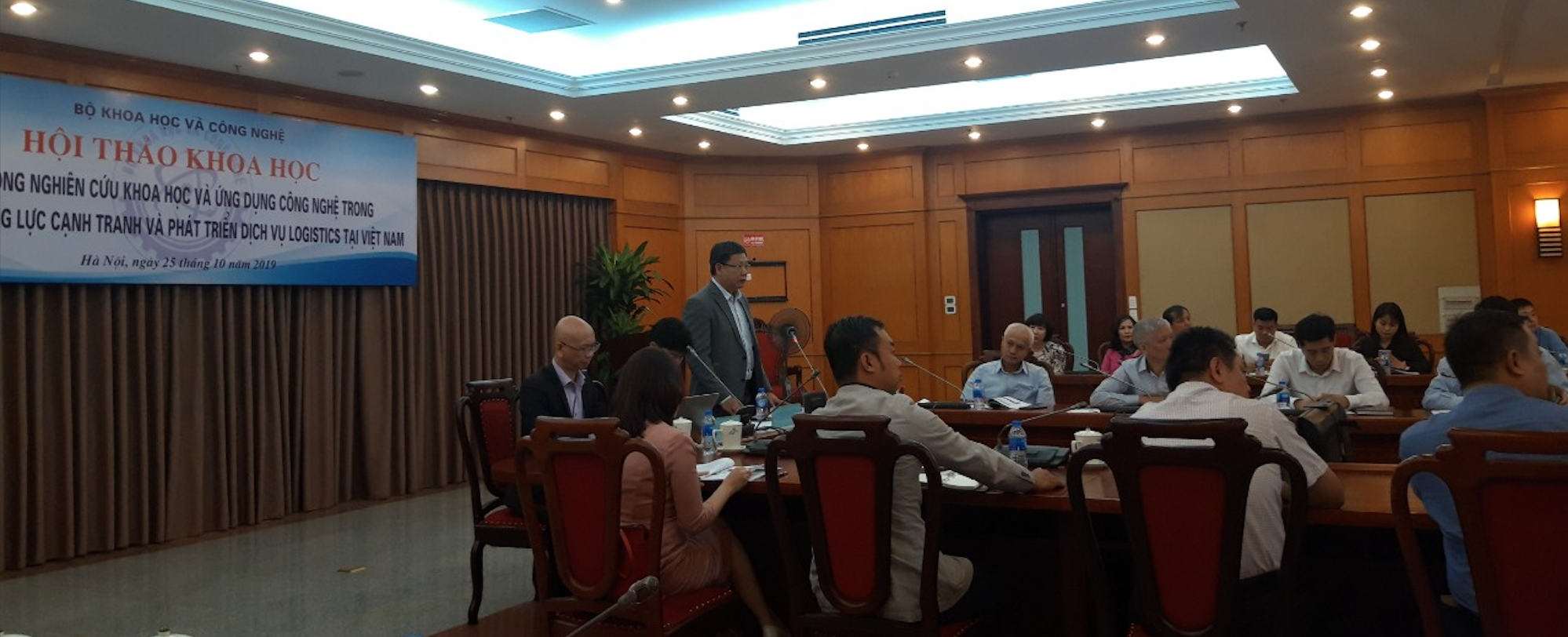According to the International Maritime Organization (IMO) regulations, starting from January 1, 2020, large ocean-going cargo ships are required to use low-sulfur fuel with a maximum sulfur content of 0.5%, such as marine gasoil (MGO) or ultra-low-sulfur fuel oil (ULSFO), instead of the commonly used heavy fuel oil (bunker fuel) with a sulfur content of 3.5%. This change aims to reduce sulfur dioxide (SO2) emissions in maritime transportation (the global shipping industry currently accounts for 13% of the world’s annual SO2 emissions).
The maritime industry has reached a consensus that customers will bear the additional fuel costs, provided that carriers (shipping lines) clearly and transparently demonstrate the additional costs incurred for ship operations.

Sea Freight Rates May Increase Starting January 1, 2020
Many shippers have expressed their willingness to pay the additional costs in the form of a Low Sulphur Surcharge (LSS) for using low-sulfur fuel, in compliance with IMO regulations to protect the environment.
Since November 2019, several shipping lines have announced the implementation of the LSS at the Port of Loading (POL). All shippers exporting goods from Vietnam to foreign countries are currently paying these surcharges to shipping lines. However, some shipping lines, such as SITC & HOIWAH, on routes from China to Vietnam, have been collecting this fee at the Port of Destination (POD). Furthermore, master consolidators/forwarders in Vietnam, following requests from their Chinese agents, are passing this LSS fee onto Vietnamese importers to reimburse the Chinese agents.
A member of the Vietnam Logistics Association (VLA) has highlighted that collecting the LSS fee at the destination port is against the principle. LSS is a surcharge incurred at the Port of Loading (POL) and should be paid by shippers, not importers. This practice has increased costs and burdens for Vietnamese importers. Moreover, collecting the LSS fee in Vietnam through issuing VAT invoices (10%) has resulted in treating this surcharge as a local charge, thereby generating additional revenue for the invoicing company and incurring foreign contractor tax.
VLA argues that the LSS is part of the freight cost, and whoever pays the freight should also bear the surcharge, regardless of whether the freight is prepaid or postpaid. During the 29th AFFA Conference on November 29-30, 2019, VLA representatives discussed this issue with the Philippine delegation, who shared the same viewpoint. Additionally, VLA reported this issue to the Director of the Vietnam Maritime Administration in Ho Chi Minh City on November 28, 2019.
Recommendations for Businesses:
- Businesses should challenge Chinese agents regarding the collection of the LSS fee.
Vietnamese importers with goods coming from China should be consulted to clarify responsibilities. - VLA members should advise their customers to specify in sales contracts who is responsible for the LSS fee (freight payer) and ensure this is clearly documented in the bill of lading to establish a legal basis for identifying the payer.
The association will continue to provide updates on this issue to keep its members informed.

